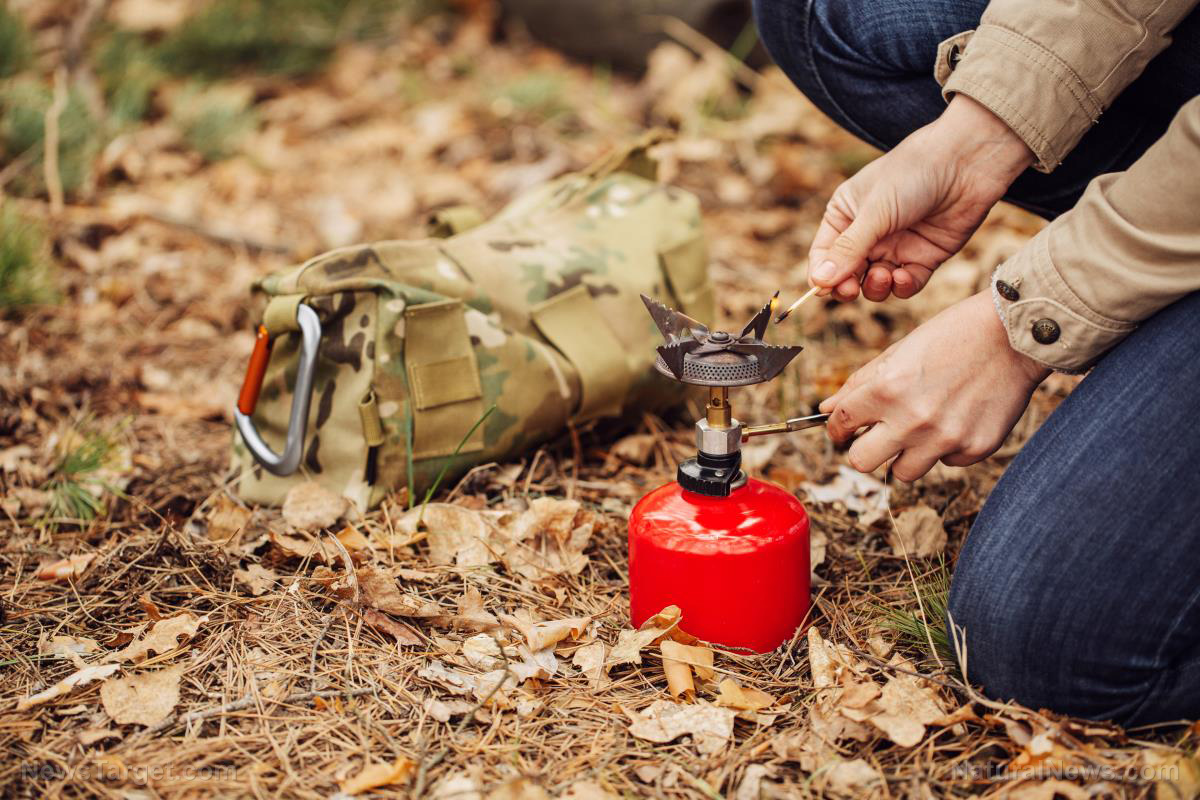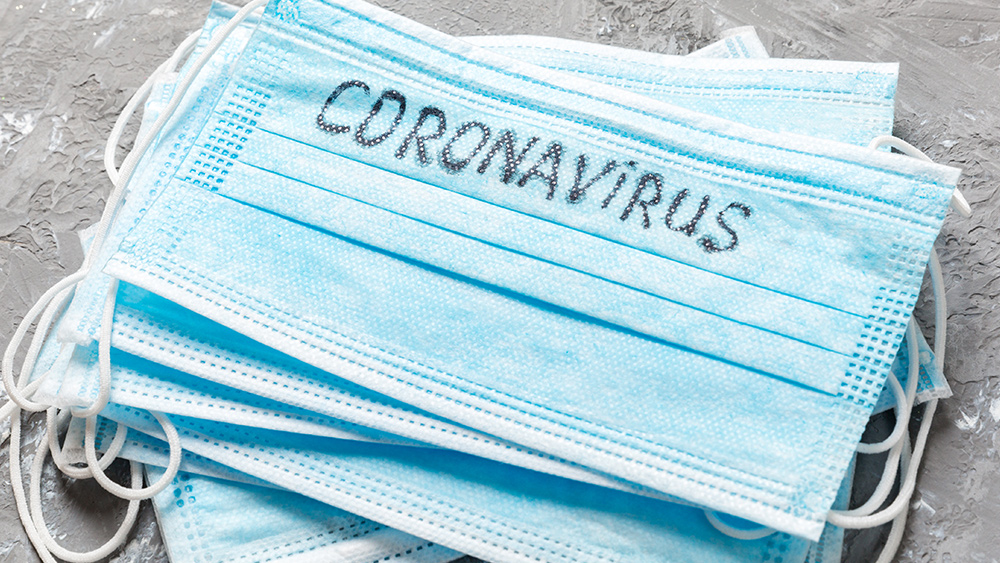
Advertisement
If or when the time ever comes when you’ll have to leave your home behind in the wake of a violent mob after a massive societal breakdown, invariably there will be things that you will want to take with you, but won’t be able to.
They may be heirlooms, items of convenience, things of value or something personal, but because you’ve got just enough room and just enough strength to light out of there with nothing but pre-selected essentials, you’ll have to leave them to the chaotic masses.
So it becomes imperative for you to deal with these things now, before stuff hits the fan. Not only will you get some benefit and value out of these items in the here and now, you won’t have to leave them behind when you bug out and wonder what happened to your stuff the rest of your life. (Related: Nuclear War Or Civil War: The Big Cities Will Become Cauldrons Of Violence And Death – But You CAN Survive.)
— Go through your clothing: You will probably be very surprised by what you find if you make a serious attempt to set aside a Saturday morning (or whenever you’re off work) and go through all your clothes. You will realize you’ve got a great deal of stuff you’re never going to wear again, can’t fit into, or may actually need as part of your prepping gear. Often in our consumer-driven society we buy clothing items for specific purposes or because we think at some point we’ll wear them but never do, at least not more than a few times.
Here’s what you can do with them:
— Plan a garage sale and sell as much of your extra, unneeded clothing as possible, to make a little money – then donate the rest.

— Bag them up and take them to your local Goodwill or Salvation Army center to donate. You will get a receipt for the approximate value and can take that amount off your taxes in many cases because most charitable contributions are tax-deductible.
— Throwing clothing away should be the least preferred of any of these suggestions, but if you can’t donate or sell them, then that’s what you may have to do. Just get them out of your house; doing so will deny them to the marauding hordes. No sense clothing a likely enemy.
— Go through your “stuff”: Again, you’ll be surprised what you’re hanging onto that has absolutely no value to you at all and is merely taking up space. Then again, you may also be surprised to find things you had forgotten about long ago that may be of some use (or value) now.
— Sell what you can at a garage sale to make some money.
— Donate things that are still in working order and could be of some value to someone, or if you know of someone who might need them, put out a message on social media and to your friends and see if you can get rid of them that way.
— Take whatever else you can’t sell, donate or give away to the dump.
— Utilize the extra space: When you clear out things you don’t need, you create a lot of extra space that you can now use to better prep for hard times. Not every scenario involving the use of stored food, water, clothing and other “survival” items has to do with a SHTF situation. A bad winter storm or some other natural event could cause major damage to roads, power lines and other infrastructure; being stranded for a few days or a few weeks is no problem if you’ve properly prepared for such possibilities. (Related: Humanity Has Reached Peak Idiocy… What Happens When The Idiocy Bubble Bursts?)
De-cluttering your life will give you more room to store more food, water, provisions and gear – things you actually need and will actually use in an emergency.
You never know, you may also be able to finally add some prepper gear you have always wanted and thought you’d need but simply did not have the space to store it.
Just remember, refrain from overstocking – that is, keeping more food, water and gear on hand than you can move and utilize. If you have to bug out quickly, you certainly don’t want to leave behind a treasure trove of goodies that will benefit the mobs.
Find more articles like this one at Survival.news.
J.D. Heyes is a senior writer for NaturalNews.com and NewsTarget.com, as well as editor of The National Sentinel.
Sources include:
Submit a correction >>
This article may contain statements that reflect the opinion of the author
Advertisement
Advertisements















